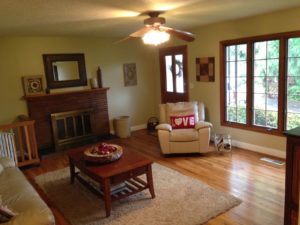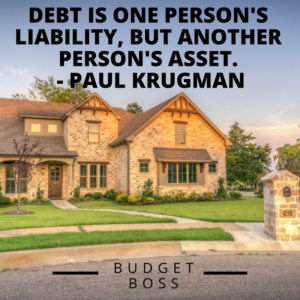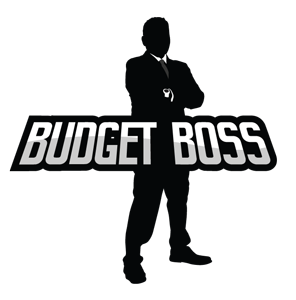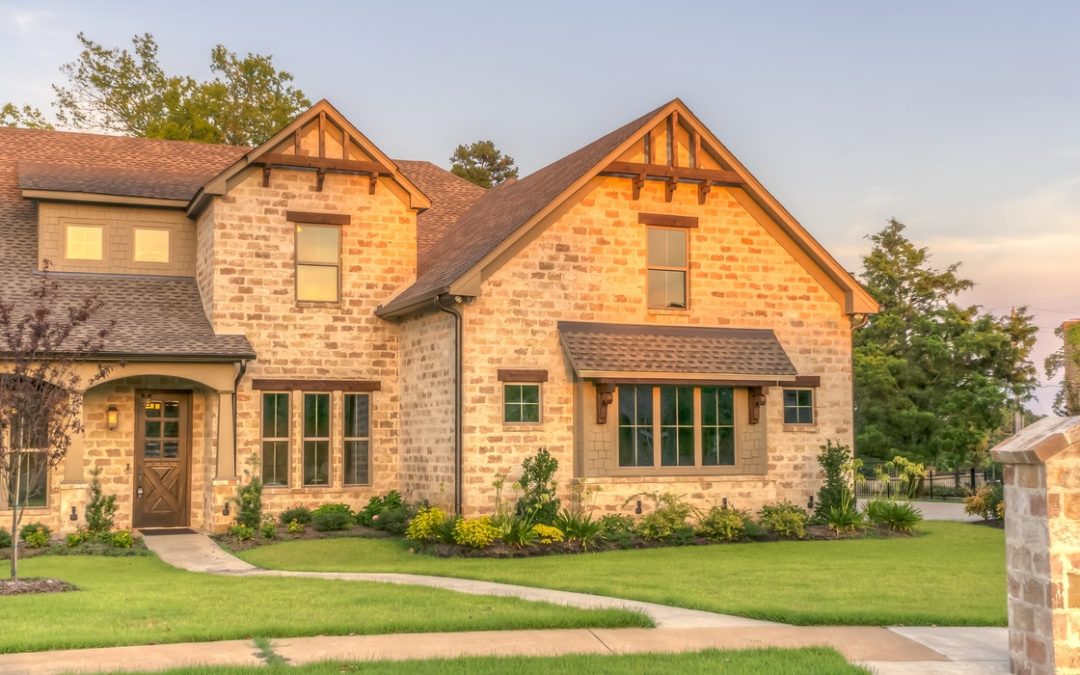Monday, September 11, 2017
Mortgage 101
There are all sorts of emotions when you buy a home. Most people feel the excitement and joy of a new start in a place of their own. They often feel the fear and intimidation of having such a financial burden heaped onto them as well. It can be a nerve-wracking experience, to say the least. Despite this, homes are being bought in record numbers all across North America. From condos to townhomes to bungalows, everyone is trying to get a piece of the home-owner dream. As I have stated in many of my posts, owning a home is a rock solid part of any comprehensive financial plan. Many people have transitioned home ownership into a comfortable, even early retirement. I have also stated that home ownership is never something to do without doing your own research or because everyone else you know is doing it. There all pitfalls to home ownership, but if done properly, they can be overcome. This week at Budget Boss will be all about mortgages. I am going to go over several topics that will get you thinking about the biggest purchase of your life. Today’s post is getting back to the basics with a little Mortgage 101. I will be discussing a few important terms you should know when buying a home and the relevance of each one. Knowing what’s important can save you thousands of dollars over the course of your mortgage and a whole lot of stress.
1) Fixed versus Variable Rate Mortgages
Fixed
A fixed rate mortgage is one where the interest rate is predetermined and does not change throughout the loan term. Your payments will not fluctuate. For many people this is comforting and it allows them to budget their monthly payments accordingly. Terms usually range from 1-5 years, with most people opting for the 5 year fixed rate mortgage. During those five years, your rate remains constant no matter what the prime interest rate does. As history has proven; the prime interest rate will fluctuate and sometimes it will do so frequently.
Variable
A variable rate mortgage is one where the interest rate will increase or decrease from time to time. This can make your mortgage payment change from month to month. Interest rate dips and spikes are rarely large amounts so your payment won’t change drastically for the most part. For those with a good amount of emergency savings and can make mortgage payments with ease, a variable mortgage can be the right fit. For those with tight budgets with many monthly obligations, a variable rate interest spike could leave them struggling.
Higher mortgage rates? They’re already here, and they hurt – The Globe and Mail
Why is this Important?
This is important for one simple reason. Many lenders will sell you based on rate. While getting a low-interest rate is important, it is not the most important factor when buying a home. Fixed rates are often higher than variable rates at the time of purchase, but they remain constant throughout the term. As mentioned a rate increase of a 1% can hurt some people’s monthly cash flow so choose wisely. The majority of Canadians prefer the fixed rate mortgage for its predictability. I recommend those with a variable rate mortgage to have a decent amount of emergency savings and have an income that can support the possibility of rate increases. One thing I will stress is that interest rates have been at all-time lows so, in my opinion, the lower rates of the variable rate mortgage is not a profound difference. Again this is my opinion, but the best option always varies from person to person. Make sure you know all the factors when choosing the type of mortgage.
Download your FREE Monthly Finances Worksheet and get your monthly budget on track! – Budget Boss
2) Amortization
The word amortization is really just a fancy word for the paying off of debt with a fixed repayment schedule in regular installments over a period of time, for example with a mortgage or a car loan. Mortgage Amortizations usually range anywhere from 5-25 years. The loan amount is determined by the price of the home, plus closing costs, minus down payment. Obviously the longer the loan period, the smaller the payments will be. The shorter the loan period the larger the payments will be so monthly mortgage budget planning is key. For some, choosing accelerated payments is the way to go. Others simply do not have the means.
Why is this Important?
When you sit down to sign up for a mortgage you will be asked a series of questions. You may be asked: “Would you like your mortgage to be paid off 5 years sooner?” Most people’s answer to this question would be, “Of course I would.” It is important to understand what accelerated mortgage payments will do to your monthly cash flow. Shorter amortization periods are very appealing but not always possible. Know exactly what you need to live, including personal savings, so that you aren’t going into other debt to pay off a mortgage sooner. Simply wanting your mortgage to be paid off sooner is not good enough if you acquire other debts in the meantime to do so.
Buying a Home in a Red-Hot Real Estate Market – Budget Boss
3) Open Term versus Closed Term Mortgages
Open Mortgages
An open term mortgage allows you to pay back the borrowed amount whenever you want, without notice or prepayment penalty. This is valuable for those who periodically come into lump sums such as commission-based salesmen or those who receive large tax returns. To have this sort of flexibility comes at a cost however with the interest rate being higher than closed mortgages.
Closed Mortgages
Conversely, closed mortgages cannot be repaid beyond the allowable prepayment privileges, renegotiated or refinanced prior to the end of your selected term without incurring prepayment charges. This often isn’t that important to some as they have no desire or ability to make additional mortgage payments beyond the normal mortgage schedule. Closed mortgages often have lower interest rates than their open counterparts and many even have various repayment options including increased repayment deposits, such as yearly lump sum payments.
Why is this Important?
Again this is a question of flexibility. While open mortgages seem like the better option, you do pay for that flexibility. Closed mortgages have added the lump deposit option into their fold, but it is usually for a prescribed amount, ie: 10% of mortgage amount per year. If you don’t ever anticipate coming into lump sum amounts, closed is right for you. If you feel that being able to pay off your mortgage at any time, without penalty, is important then choose an open mortgage. Again it is all about your personal situation so don’t be led to believe what is the right choice. Gather all the information and make your own choice.

Mortgage planning is very important to the home buying process. This week at Budget Boss we will aim to discuss numerous topics to help you through the journey. Today we only touched on 3 small aspects of buying a home, there is much more to it. The important thing to understand when buying a home is that you are buying it for you, not the broker. You have to know the positives and negatives of each type or mortgage. You also need to know how it fits into your own personal financial situation, ie: your budget. The rate isn’t everything and neither is repayment schedule. Make sure you find out what is best for you and your family.
“Debt is one person’s liability, but another person’s asset.” – Paul Krugman

Want to improve your Finances? Click here to Book your meeting with the Budget Boss!
Email – joe@budgetboss.ca
Follow Budget Boss on – Facebook LinkedIn Twitter Instagram Pinterest Quora


